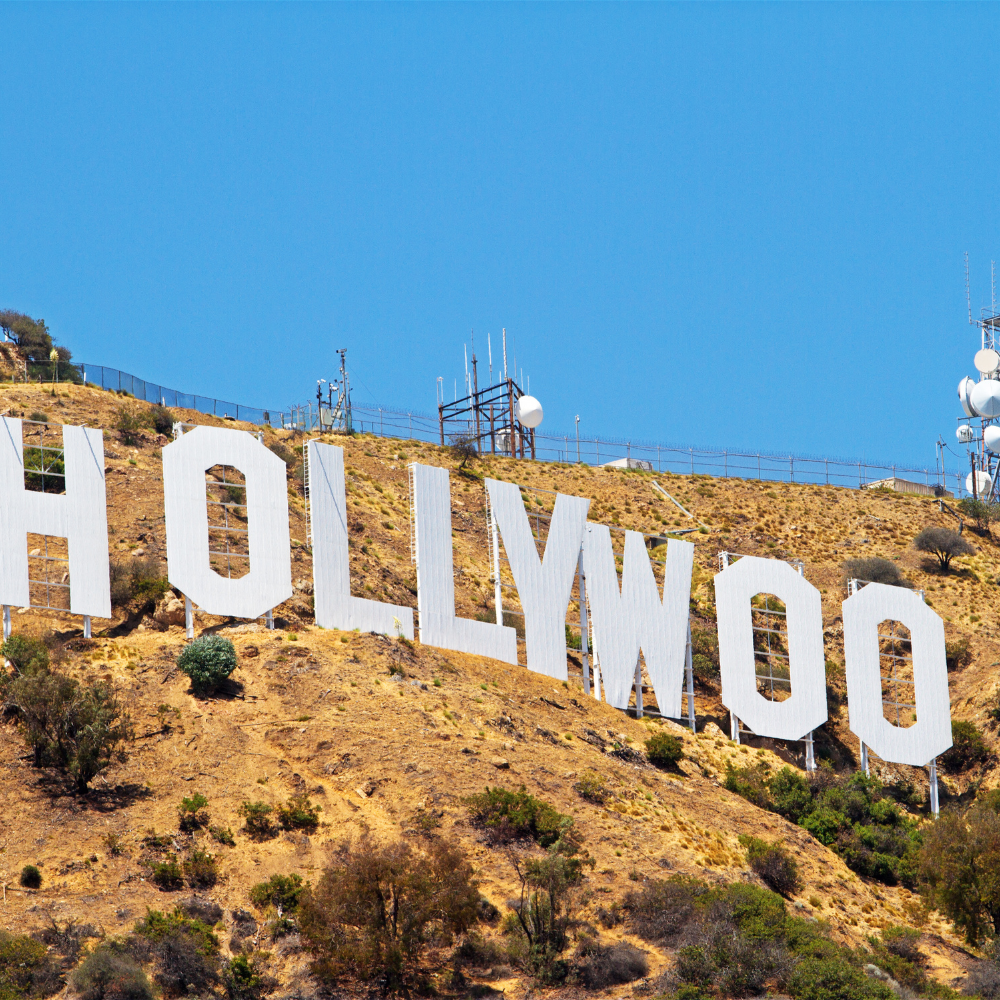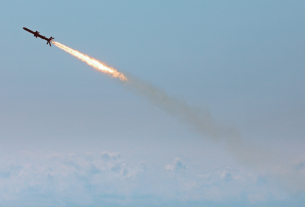The historic stone walls of Dubrovnik, once brought to life by the epic battles and dragons of Game of Thrones, are now confronting a very different kind of threat: potential tariffs from the United States. This unexpected development has raised alarm bells in Croatia’s booming tourism industry, which has greatly benefited from the popularity of the HBO series.
The concern stems from recent remarks by a prominent U.S. figure proposing a hefty tariff—possibly up to 100%—on all foreign-made films and TV shows. Although the details and implementation timeline are still uncertain, the announcement has already created unease within the global entertainment community, especially in countries like Croatia that have become favored destinations for international productions due to their scenic and historic appeal.
Croatia’s cinematic allure is well established. Its breathtaking Adriatic coastline, ancient fortresses, and charming cities like Dubrovnik and Split served as key locations for Westeros. Sites like Lovrijenac Fortress (Red Keep), Dubrovnik’s city walls (King’s Landing), and Diocletian’s Palace (Meereen) have drawn fans from around the world, leading to a tourism boom.
Tour guides such as Ivan Vukovic have seen this impact up close. “Dubrovnik has definitely changed thanks to the show,” he said. “We get around 1,000 visitors a day joining Game of Thrones tours. New souvenir shops have popped up, and the local economy has benefited from off-season film work and tourism jobs.” This boost has extended to other parts of Croatia as well, all riding the wave of the show’s global success.
But this success could be at risk if the proposed tariffs discourage foreign productions from filming in Croatia. Rising costs might push studios to remain within the U.S., which would cut off a valuable revenue stream for the country.
Croatian film producer Igor Aleksandar Nola has already noticed disruption. “There’s been significant disturbance due to the anticipated tariffs,” he said, noting that uncertainty has caused some financiers to pause support for film projects. “Investment from banks and funds for audiovisual work is currently on hold.”
Dubrovnik’s mayor, Mate Frankovic, is cautiously hopeful. He believes that major U.S. productions will still find it hard to ignore iconic European locations. “I honestly can’t see any serious American film skipping out on major European cities,” he said, while still recognizing the potential difficulties ahead.
Still, the entertainment industry and local stakeholders remain anxious. Already navigating a complicated web of international funding and logistics, film productions now face the added risk of higher costs for shooting abroad.
The potential fallout could extend beyond film revenues. The global attention from Game of Thrones has helped rebrand Croatia as a desirable tourist destination, attracting visitors who may not have otherwise considered it. A reduction in international filming could dull that image and impact related sectors such as hospitality, transport, and small businesses.


